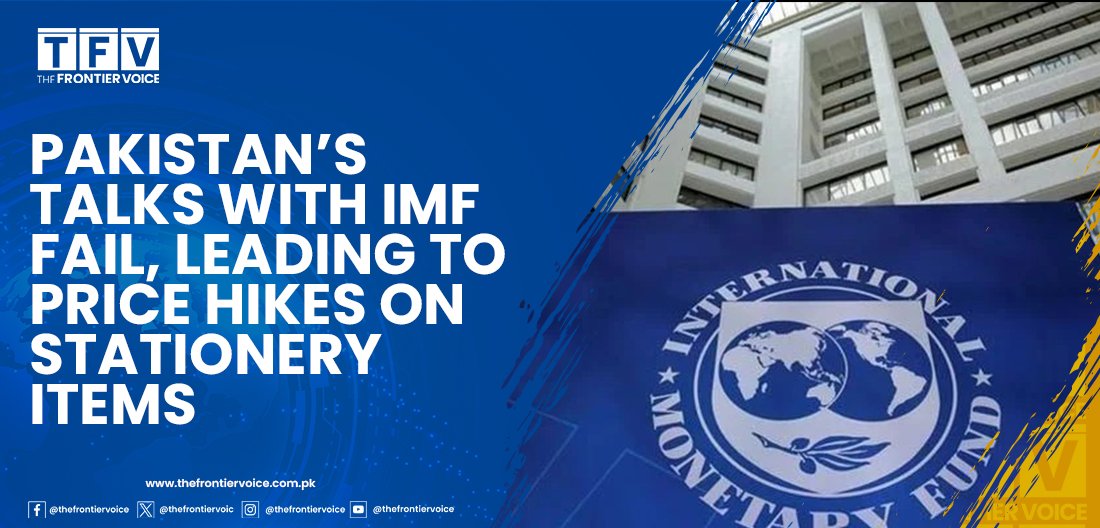BUSINESS/FINANCE
Pakistan’s Talks with IMF Fail, Leading to Price Hikes on Stationery Items

Pakistan’s virtual negotiations with the International Monetary Fund (IMF) to secure a reduction in the 10% sales tax on stationery items have ended in failure, according to sources cited by ARY News. The IMF has refused to lower the tax, resulting in a significant price surge of 15% for essential stationery items across the country.
This tax, first imposed in the amended Finance Bill of Budget 2024-25, affects a wide range of products including pens, markers, staplers, calculators, sharpeners, and pencil boxes. The increase in prices is impacting students, businesses, and the general public, with over 850 importers in Pakistan particularly hard hit due to their reliance on imported goods from countries like China and Hong Kong.
The government had hoped to alleviate the burden on consumers by negotiating with the IMF to lower the tax, but the international body has insisted on maintaining the current rate, citing fiscal stability concerns. As of July 1st, 2024, the 10% General Sales Tax (GST) was fully implemented, and despite ongoing efforts, it remains in place, continuing to strain the budgets of Pakistani households and businesses alike.
The continued imposition of this tax is drawing criticism from various sectors, as it exacerbates the challenges faced by the educational community and small businesses in an already struggling economy. With the IMF standing firm, the Pakistani government is now under pressure to find alternative measures to mitigate the impact on its citizens.
